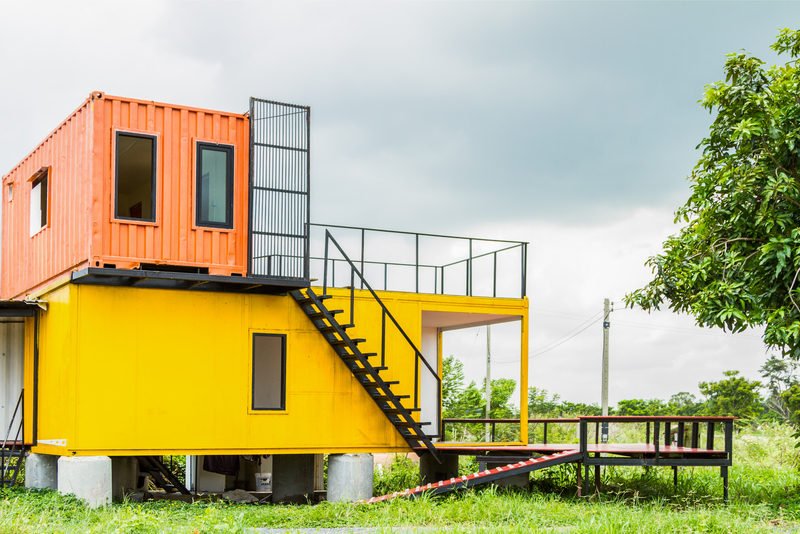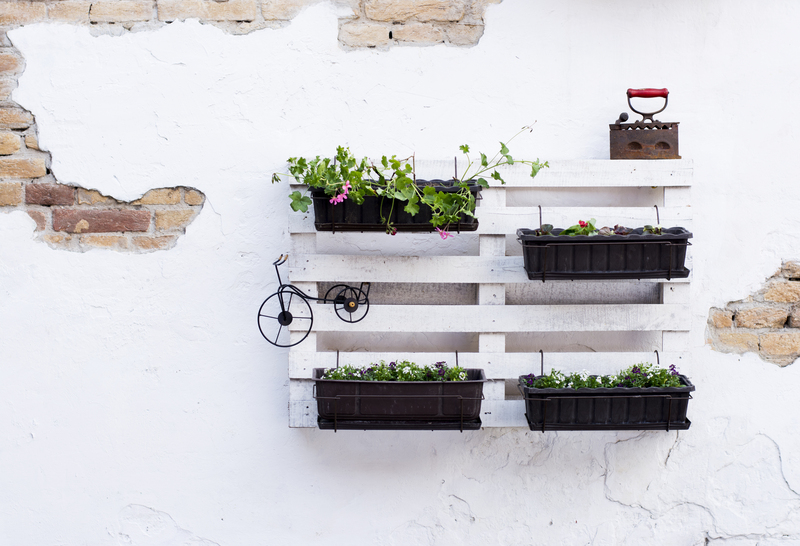Posted on 22/07/2024
Disposing of garden pots and other horticultural containers in an eco-friendly manner is crucial for reducing environmental impact. Traditional methods of disposal can contribute to landfill waste, pollution, and resource depletion. This article will explore various methods for eco-friendly pot disposal, examining their benefits and drawbacks, and providing practical tips for sustainable gardening.
Why Choose Eco-Friendly Options?
Sustainable gardening practices, including eco-friendly pot disposal, help conserve resources, reduce pollution, and promote a healthier environment. By adopting these methods, gardeners can decrease their carbon footprint and support a circular economy.

Methods for Eco-Friendly Pot Disposal
Recycling
One of the most straightforward ways to dispose of garden pots is through recycling. Many pots are made from recyclable materials like plastic and metal. Ensure that you clean the pots thoroughly and check local recycling guidelines to determine if they accept gardening pots.
Reusing
Before disposing of pots, consider reusing them. Pots can serve various functions beyond planting. They can be used for storage, as decorative items, or even as containers for other gardening tools.
Composting
Biodegradable pots, such as those made from coconut coir, peat, or other organic materials, can be composted. Composting biodegradable pots enriches the soil and returns valuable nutrients to the ecosystem.
Donating
Gardening pots in good condition can be donated to local schools, community gardens, or charities. These organizations often welcome garden supplies and can put them to good use.
Upcycling
Creatively repurposing old pots, known as upcycling, can transform them into unique garden features or household items. For example, pots can be painted and used as planters, bird feeders, or even artistic sculptures.
Pros and Cons of Eco-Friendly Pot Disposal
Pros
- Environmental Benefits: Reduces landfill waste and pollution, conserves resources.
- Cost Savings: Reuse and upcycling can save money on gardening supplies.
- Enhanced Soil Health: Composting biodegradable pots improves soil fertility.
- Community Support: Donating pots supports local initiatives and fosters community gardening.
Cons
- Time-Consuming: Some eco-friendly disposal methods require more time and effort.
- Limited Recycling Options: Not all areas have facilities for recycling garden pots.
- Initial Cost: Biodegradable pots may be more expensive than traditional plastic ones.
- Space Requirement: Storing pots for reuse or donation can take up valuable space.
Practical Tips for Eco-Friendly Pot Disposal
- Clean Pots Thoroughly: Before recycling or donating, ensure pots are clean to prevent disease transmission.
- Check Local Resources: Familiarize yourself with local recycling guidelines and donation centers for garden supplies.
- Use Biodegradable Options: Opt for biodegradable pots when purchasing new ones to make future disposal easier.
- Get Creative: Explore DIY projects for upcycling old pots into new garden features.
- Educate Others: Share knowledge on eco-friendly disposal methods with fellow gardeners to promote sustainable practices.

Key Takeaways
Eco-friendly pot disposal methods not only benefit the environment but also offer cost-saving and community-building opportunities. The main options include recycling, reusing, composting, donating, and upcycling. Each method has its pros and cons, but with some effort and creativity, gardeners can significantly reduce their environmental impact.
Conclusion
Eco-friendly pot disposal is an essential aspect of sustainable gardening. By adopting practices such as recycling, reusing, and upcycling, gardeners can contribute to environmental conservation and community enhancement. While these methods may require some extra effort, the benefits to the planet and future generations make it worthwhile. Implement these practices in your gardening routine and become a steward of the environment.
Latest Posts
Tips for Proper Disposal of Regular Waste
Garbage Cleanup Bags - Efficient Skip Substitute

































 Get a Quote
Get a Quote